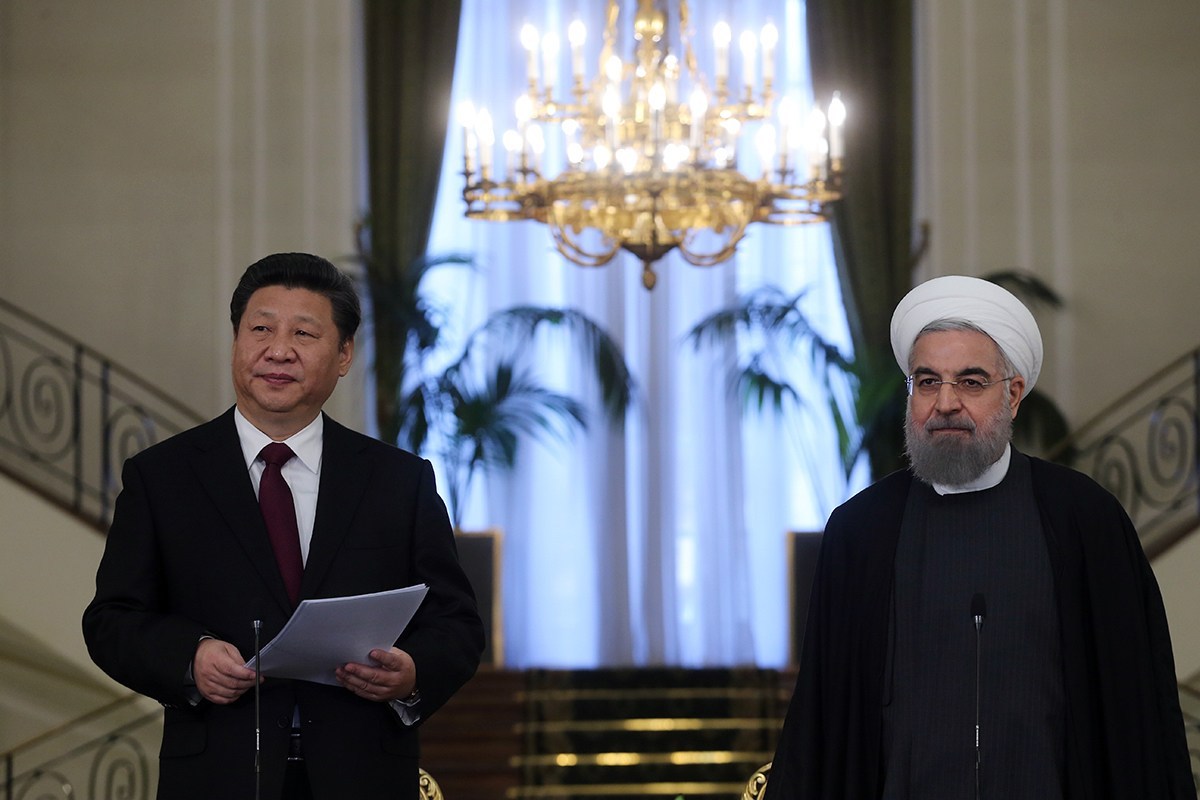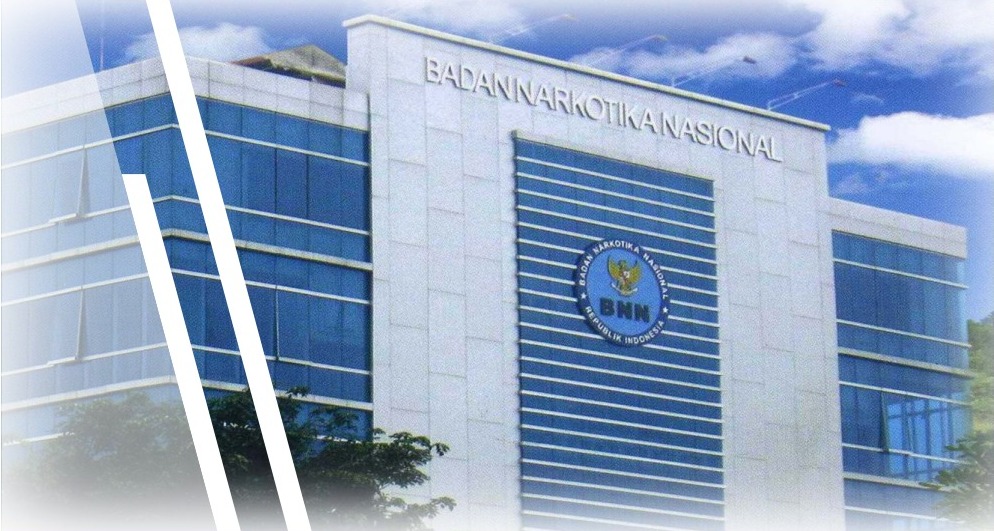The surprise announcement in July that Iran was negotiating a wide-ranging, 25-year bilateral deal with China has rumbled through the capitals of the Middle East and the West for two months now. So vital does Iran consider this deal for its future strategy that no amount of domestic politics could undermine it.
In fact, the results of Iran’s second round of parliamentary elections last weekend have underscored it. With no change to the conservative majority in parliament – conservatives in the country are traditionally suspicious of any interactions with the West – the long, slow death of Iran’s budding rapprochement with the West is all but certain.
A similar situation is occurring in Turkey, where Ankara’s war of words with its NATO partners is escalating into concrete actions – cash-strapped Greece has just announced its biggest weapons acquisition this century.
Underlying both of these years-long developments is the general disarray of Europe.
As much as leaders of both Iran and Turkey talk about seeking policy independence, in truth both need partners. Tehran and Ankara were hoping they would find those partners in Europe. But Europe is so busy with its own infighting that it has little time for anything beyond its borders. With no clear path toward Europe visible, Iran and Turkey have started breaking ground on a path away from it.
For years now, Iranian moderates, led by President Hassan Rouhani and Foreign Minister Mohammad Javad Zarif, have urged European countries to stand up to the United States and continue with the nuclear deal negotiated between Iran and international powers.
But European countries, struggling with their own internal issues, have reasons not to antagonize President Donald Trump’s White House and side with Iran. London, for one, has its eye on a future trade deal with the US. Next, Paris finds itself facing Iranian intervention in countries, like Libya, where it has interests; and Berlin, grappling with the looming end of the Angela Merkel era, is too distracted.
Taken together, this has led to tepid statements and general inaction. A case in point: Last week, those three European countries finally managed a very small agreement on “snapback” sanctions against Iran. They agreed not to reimpose them and to talk again at the United Nations later this month. These are very minor actions after months of debate, when Iran’s moderates had hoped for firm, decisive action to have been taken years ago.
In the meantime, Iran’s economy is struggling, with billions of dollars in oil revenue lost since the US reintroduced sanctions just under two years ago. Small wonder that Tehran is turning to the next superpower for support.
In Turkey, President Recep Tayyip Erdogan, in his own bombastic and nationalistic way, is seeking a new path for his country – something that any Turkish leader, facing the impossibility of a European Union membership track, would have had to do.
The path he has taken has been excessively confrontational. Indeed, Erdogan was confrontational within and without his own country long before French President Emmanuel Macron declared two years ago that there was little chance of real progress in EU accession talks.
But the loss of the central plank of Turkish foreign policy, which since 1987 has been EU membership, is going to necessarily necessitate a major shift – and the consequences of that shift are now playing out across the waters of the Mediterranean.
If Iran and Turkey were to fall out of Europe’s orbit, it would be a strategically costly error for the West. An Iranian alliance with Beijing would cement Tehran’s current confrontational stance with the rest of the Middle East, and allow China influence in everything that happened from the Mediterranean to the Arabian Sea.
Yet Europe is too distracted to do anything – in the case of Britain and the European Union, literally threatening each other with legal action. And in any case, with the Covid-19 pandemic rising again, they are unable to agree on anything resembling a joint plan over practically anything.
There may still be the Joe Biden factor. On Sunday, the Democratic Party presidential candidate – and vice-president under Barack Obama when the Iran nuclear deal was negotiated – wrote an article for CNN in which he said his White House would offer Tehran “a credible path back to diplomacy” and would rejoin the nuclear agreement.
This appears to be what European capitals have been waiting for. If there is a change in Washington, there may be renewed energy from Europe. But time and circumstance are not on their side.
For one thing, there is Iran’s domestic politics to consider, as evidenced by the momentum that the conservative movement has ahead of next June’s presidential election. The competition to replace Rouhani will be fierce, and it is an open question whether Biden, if he is elected, would be able to persuade enough Iranians to trust the US in a matter of months. The election of an arch-conservative in Iran would bury any chance of reconciliation.
The second part is simple strategy. Even those Iranian politicians most inclined to trust the US must wonder whether a new agreement would be worth signing. After all, the US has reneged on the nuclear deal once already, and Biden has let it be known that he may only serve one term. It hardly seems like a difficult decision to choose a 25-year relationship with China over a deal with the US that may unravel again after four years.
Spurned by Europe, both Iran and Turkey, in different ways but for the same reason, are seeking new allies. If the time comes when Europe is ready to kiss and make up, they might find that Tehran and Ankara have already forged new long-term, stable relationships.
This article was provided by Syndication Bureau, which holds copyright.
Faisal Al Yafai is currently writing a book on the Middle East and is a frequent commentator on international TV news networks. He has worked for news outlets such as The Guardian and the BBC, and reported on the Middle East, Eastern Europe, Asia and Africa.











